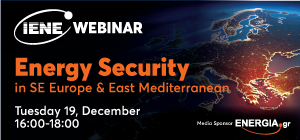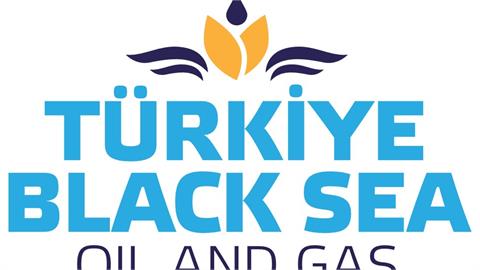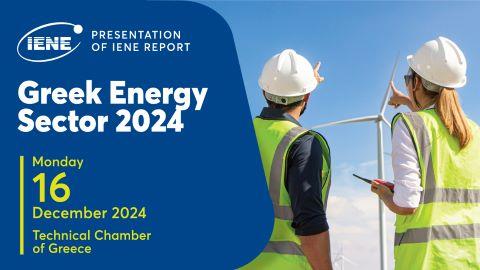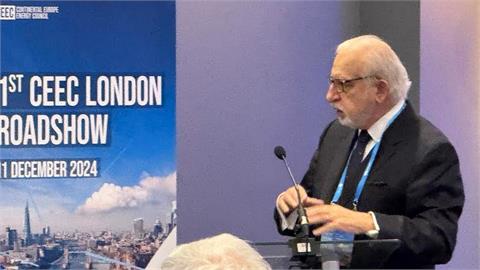Over the past years IENE has been covering extensively and consistently energy security issues through newsletters, relevant studies, conferences, and seminars. On Tuesday, December 19, 2023, the Institute convenes a special webinar on “Energy Security in SE Europe and the Eastern Mediterranean”
Over the past years IENE has been covering extensively and consistently energy security issues through newsletters, relevant studies, conferences, and seminars. On Tuesday, December 19, 2023, the Institute convenes a special webinar on “Energy Security in SE Europe and the Eastern Mediterranean”. The main purpose of the webinar, which will be held online between 16.00 and 18.00, is to examine and analyze the latest geopolitical developments and their impact on energy security in the wider region of SE Europe and the Eastern Mediterranean amid two ongoing conflicts in Ukraine and the Middle East.
Europe’s energy security remains a key concern despite the progress the region has made in weaning itself off Russia’s gas imports. Throughout 2022 and 2023, European countries have significantly increased their reliance on alternative energy sources, reducing their dependence on Russian natural gas and swiftly replenishing their gas storage levels.
At the same time, the relatively mild weather last winter meant demand for fossil fuels remained low, helping with the energy transition efforts in many countries. Also, the timely filling of underground gas storage facilities last summer in most countries has helped ensure adequate stock levels. However, pressing questions remain on whether all these preparations will be sufficient to face the coming months and the next years. Will Europe be able to tackle the potential challenges that the energy market could pose in 2024 and beyond? In view of fears that Europe could run out of gas in 2022 after Russia cut gas exports following the start of the Ukraine conflict, today its energy position has been looking much more stable.
Norway has partly replaced Russia as the largest gas supplier, while a combination of mild winter temperatures, lower energy prices and the boost of liquified natural gas (LNG) imports from international suppliers, including the US, ensured Europe survived the past winter and could plan ahead. However, the extra cost most countries had to pay was substantial resulting in heavy government subsidies.
By and large, this year the EU is better prepared — but now a second war also threatens to roil its energy markets. The conflict between Israel and Hamas threatens to disrupt Europe’s relationships with the Middle East, or even draw Iran into direct confrontation with Israel and its Western partners. While markets are relatively calm for now, either of those scenarios could cause chaos. Nevertheless, Europe is “equipped to face oil and diesel global market tightness,” Energy Commissioner Kadri Simson recently told. Officials have learned lessons from Russia’s war on Ukraine and are working to build “a good understanding of all our vulnerabilities to best address them and how we can be prepared for any incidents or emergencies”.
IENE’s timely webinar comes to highlight the vital role that the south-eastern part of Europe can play, in terms of gas supply, as a regional energy hub in the coming years, in the midst of a geopolitically fragmented world, where two wars are now underway, raising wider issues of security of energy supply.
Several well qualified speakers from across the region will participate and exchange views and information on current issues and future challenges. All IENE members are free to join in by registering here.




